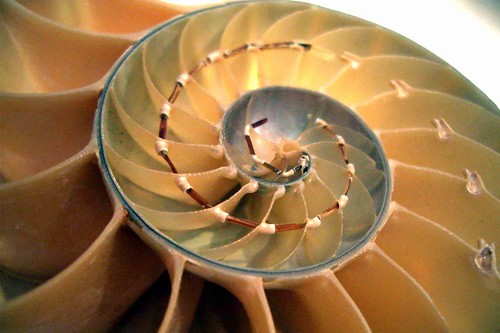The Body Series: No Body Now But Yours

Probably about four years ago now, I came across this poem by Teresa of Avila and was moved deeply by it:
Christ has no body now but yours,
no hands but yours,
no feet but yours.
Yours are the eyes through which
Christ’s compassion must look out on the world.
Yours are the feet with which
He is to go about doing good.
Yours are the hands with which
He is to bless us now.
—St. Teresa of Avila
At the time I first read these words, they met me in my sense of calling to be identified with the words of Isaiah 61, which speak of the ministry of Jesus to be one of healing the brokenhearted, comforting those who mourn, giving beauty for ashes, bringing good news, and setting captives free.
I knew Christ’s heart in me had much to do with offering this tenderness, mercy, beauty, goodness, and hope to others. Being called the hands and feet and eyes and touch of Christ through this poem taught me a little bit more of how I embody Christ on this earth in these precious ways.
Now this poem is meeting me in a new way, particularly as I continue to reflect on the mystery of the eucharist and how it affects my view of my body.
For instance, I woke up yesterday morning feeling awful in my body. I’d eaten poorly through the weekend, and I was feeling the result.
I found my spirit feeling sincerely grieved by this — that by abusing my body with my poor food choices, I was not tending with care the body of Christ as I bore his body in me.
I drove around town yesterday, running errands, and I couldn’t stop thinking about this idea of bearing the body of Christ inside my own. Of my body being sanctified through taking his body into mine. Of his body living on earth … through me.
I’m coming to realize that the greatest difference in the way I regard and treat my physical body may have everything to do with my love for Jesus.
I deeply love him.
The years of sitting in the dark on the floor of my life eventually led to moments of illumination that had everything to do with who he is and how he regards me and all humanity. The person I have become since that journey began has everything to do with him. There is nothing about the person I am now, 15 years later, that isn’t connected somehow to who Jesus has revealed himself to be to me. Finding Jesus changed my life and changed me.
I love him so.
And so this idea of carrying his body inside of me through the mystery of the eucharist, this idea of being and becoming the body of Jesus here on earth … it’s deeply affecting me. It feels so precious. And it is causing me to regard my body in a new way — in a way that has everything to do with my love for Jesus.
Caring for my body is a way of loving him. And that, I’m realizing, is going to make all the difference.
How does this poem by St. Teresa speak to you?

